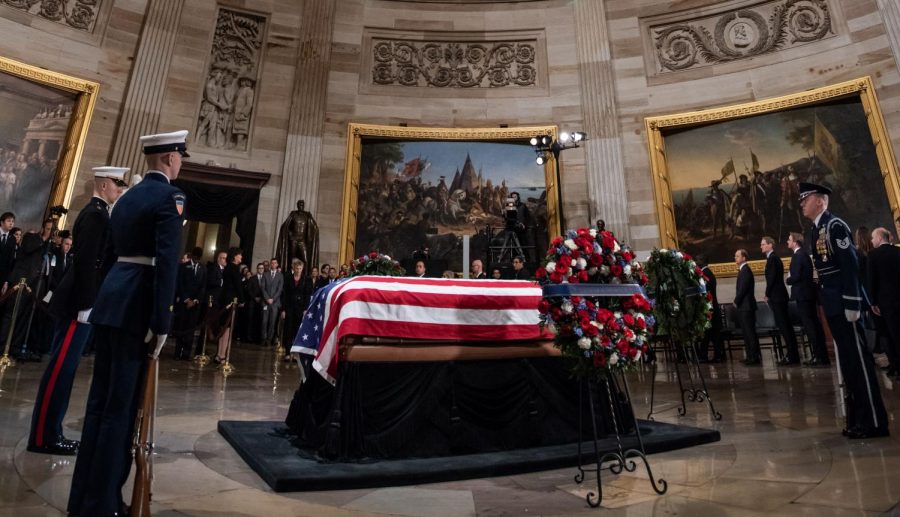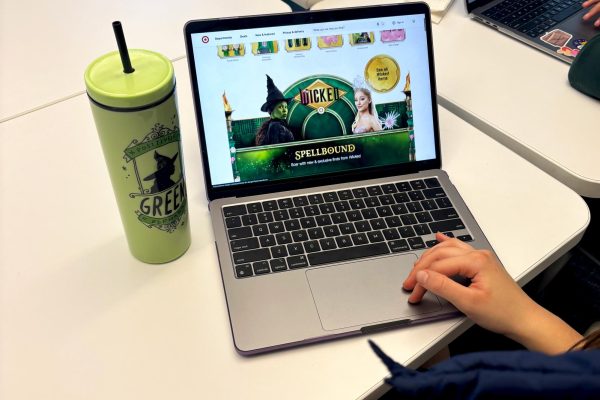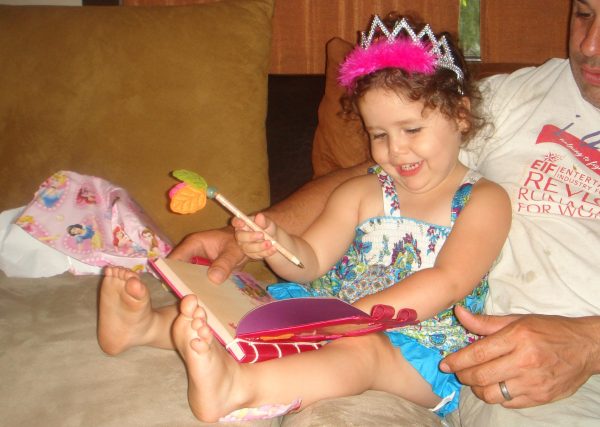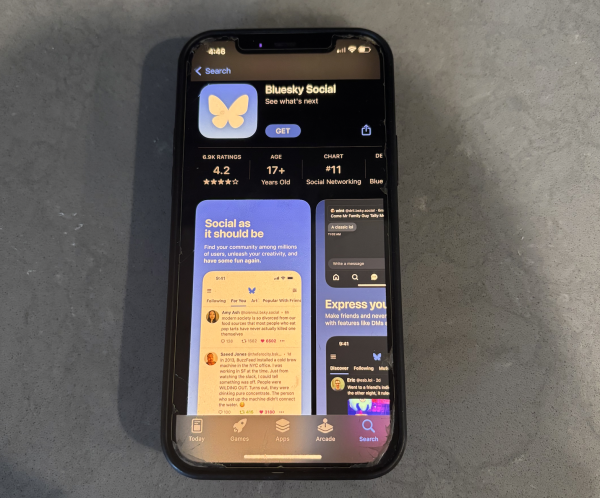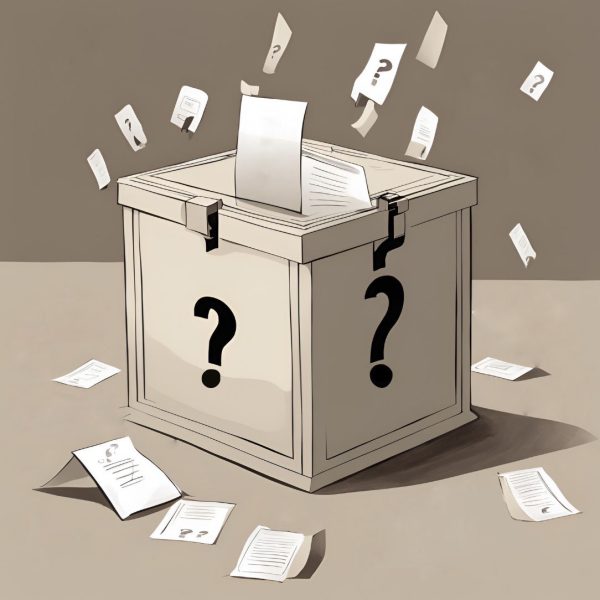Editorial: Passing of former statesman indicates importance of political discourse
Photo credit: house.gov
Bush’s coffin lies in the Capitol rotunda. During his life, he exemplified a bipartisan spirit that we can learn from at Archer.
On Dec. 5, the Washington National Cathedral was filled with tears, celebration of life and heartbreak as America said goodbye to 41st president George H.W. Bush. When Bush passed away on Friday, Nov. 30, America lost one of the last public figures who truly emulated a bipartisan spirit. As we start the new year, we should strive to emulate his tolerance of opposing political viewpoints within the Archer community.
A well-documented instance of Bush’s open-mindedness was his friendship with former president Bill Clinton, who defeated him in the 1992 general election.
Bush imparted Clinton with a note to inaugurate his presidency: “You will be our President when you read this note. I wish you well. I wish your family well. Your success now is our country’s success. I am rooting hard for you.”
His supportive spirit deserves to be commended. It forces us to recognize that, in our modern society, we are lacking in this kind of bipartisan civility. According to the Pew Research Center, the percentage of Democrats who have very unfavorable views of the Republican party increased from 16 percent in 1994 to 38 percent in 2014. Conversely, the percentage of Republicans with very unfavorable views of the Democratic party increased from 17 percent to 43 percent.
This kind of partisan divide is all too common at Archer. It’s no secret that the majority of our community tends to be left-leaning. However, the Editorial Board has noticed an underlying assumption that there are no conservatives here because the viewpoints in expressed in class are one-sided. This creates a self-fulfilling prophecy where conservative students don’t feel empowered to share their perspectives in class because they think they’ll be met with surprise and disdain.
In fact, junior Grace Carter, who identifies as socially liberal and fiscally conservative, says that even with her relatively moderate viewpoints, she feels judged if she expresses a dissenting view in class.
“I’m walking on eggshells if I even question [a liberal] opinion,” she said. “Sometimes I get so frustrated in class because I really want to say something, but I’m just too scared to. My dad always says, ‘Is this the hill you want to die on?’ and I always have to ask myself, ‘Is this something worth saying?’ [because] I could possibly be judged outside the classroom.”
As an editorial board, we concede that we could be more tolerant of other political views. But, especially in a time of polarization, it’s more important than ever that students engage in conversations with one another and that teachers create classroom environments where such discussions can take place.
The Bush-Clinton friendship clearly demonstrates the mutual respect that can come from people with drastically different political beliefs. In an emotional editorial published in the Washington Post on Dec. 1, Clinton said that his friendship with Bush was “one of the greatest gifts of [his] life.”
“Though [Bush] could be tough in a political fight, he was in it for the right reasons: People always came before politics, patriotism before partisanship,” Clinton wrote. “To the end, we knew we would never agree on everything, and we agreed that was okay.”
Like Bush and Clinton, we don’t have to agree on everything — it’s better if we don’t. But we’ll never be able to truly explore our own beliefs if we are not receptive to others’.

The Oracle's student editorial board, led by the Editor-in-Chief, makes all decisions that pertain directly to the Oracle and has final say over all content....



